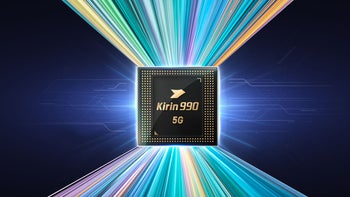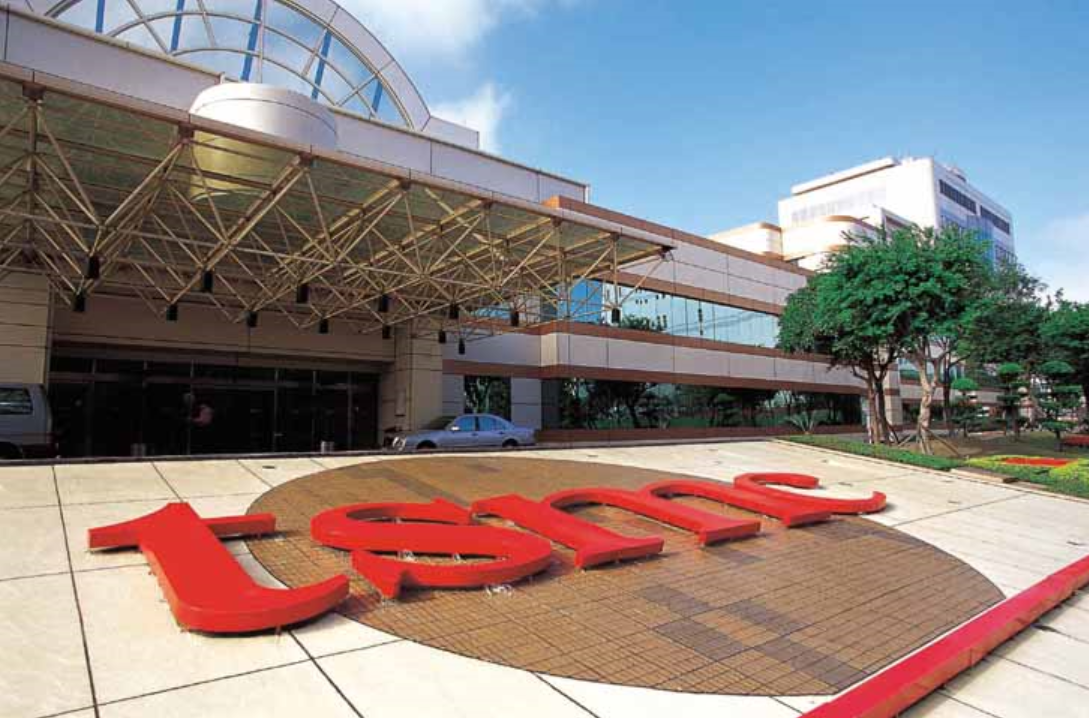TSMC follows its 3nm, 2nm road maps; chip shortage allows retailers to hike prices of Huawei's 5G phones

Earlier this month, Apple unveiled the fourth-generation iPad Air tablet making it the first consumer device to be officially unveiled with a 5nm chipset inside. The Apple A14 Bionic will also be driving the Apple iPhone 12 series which is rumored to be on track for an October 13th introduction. The currently used A13 Bionic is produced using the 7nm process. The lower the process number, the higher the number of transistors which makes a chip more powerful and energy-efficient. For example, the A13 Bionic contains 8.5 billion transistors compared to the 11.8 billion that Apple says is inside the A14 Bionic.
TSMC is ahead of schedule in the development of 2nm chipsets
Over the years, the number of transistors fitting inside a square mm, the transistor density, has approximately doubled every other year. With the release of 5nm chips this year, Taiwan Semiconductor Manufacturing Company (TSMC), the foundry that produces chips for Apple, Huawei, Qualcomm, Mediatek, and others, will be moving its 3nm node to volume production next year. According to Digitimes, 55,000 wafers a month will undergo such production by the second half of 2022. By 2023, TSMC will be able to churn out 100,000 wafers a month for 3nm production.

TSMC will enter into volume production of 3nm chips next year
Both TSMC and Samsung, the two largest independent foundries in the world, have road maps down to the 2nm node. According to industry sources, TSMC's 2nm mode is ahead of schedule in terms of development. Last month, during the foundry's online technology symposium, TSMC said that it is working closely with a major client to spend more money on 2nm development and it certainly seems that this is paying off for the company. It isn't known who the client is, but with the foundry's customer list including top tech firms, any one of them could be the mystery company pushing TSMC to develop 2nm chips ahead of schedule.
Changing the subject, Huawei, which last year was TSMC's second-largest customer after Apple, can no longer receive chips produced by TSMC under new export rules put in place by the U.S. Commerce Department earlier this year. This ban goes for all foundries that manufacture the Chinese manufacturer's Kirin chips using American produced-technology. And this is leading handset retailers in China to sharply hike the prices of Huawei's current Kirin powered devices such as this year's P40 line. These camera-centric handsets are powered by the Kirin 990 5G. And the Mate 40 line, which will be the company's most technologically supported phones this year, is expected to use the first 5nm Kirin chips to roll off of TSMC's assembly lines.
But starting this month TSMC was forced by the U.S. export rule change to stop making and shipping these high-end chips to Huawei. As a result, until the outfit finds a replacement, more recent phones powered by the company's Kirin chips will be priced at a premium since Huawei's inventory of these components is going to run out sooner than later. Besides using its high-powered chips for its flagship phones, the company employs them on the radios it builds for its 5G networking equipment. Besides being one of the top smartphone manufacturers in the world, Huawei is the largest producer of networking equipment on the planet.
Over the last year and a half, actions taken by the U.S. government have forced Huawei to scramble and find replacements for Google Mobile Services including the licensed version of Android and Google's Android apps. Most of these apps, like Google Search, Gmail, Chrome, Google Maps, and Google Drive are banned in China anyway. But the inability to install these apps on Huawei's international phones might have had a negative impact on sales of such models outside China.










Things that are NOT allowed: